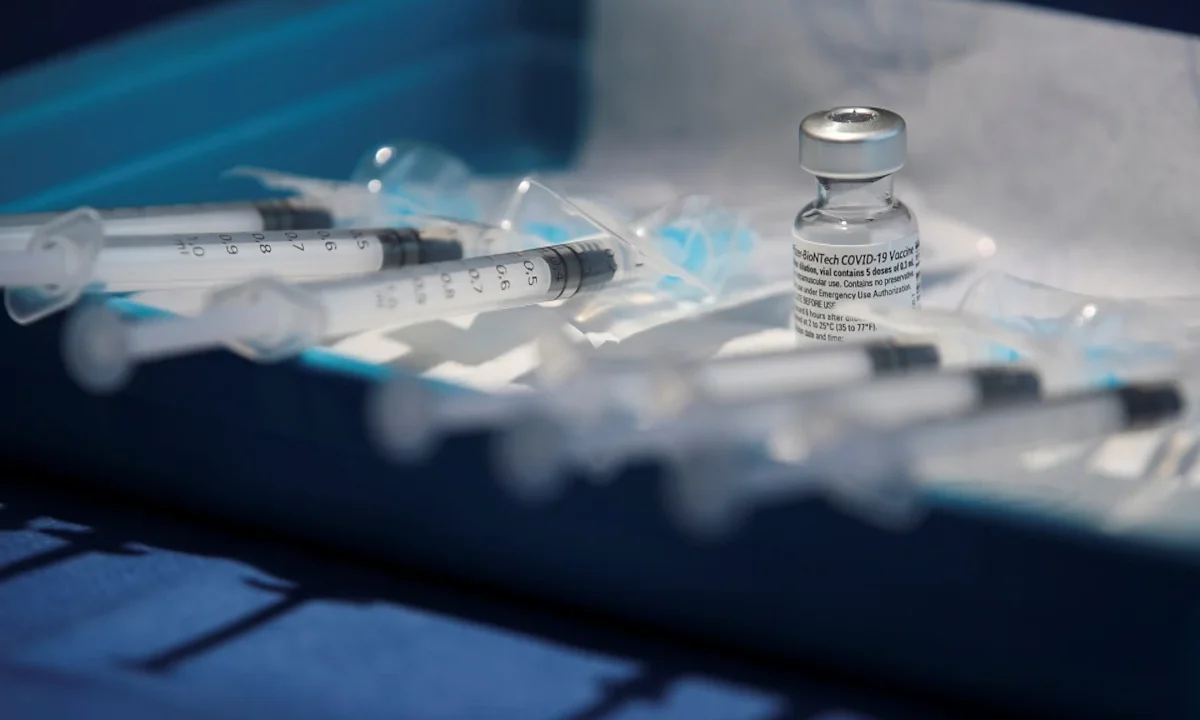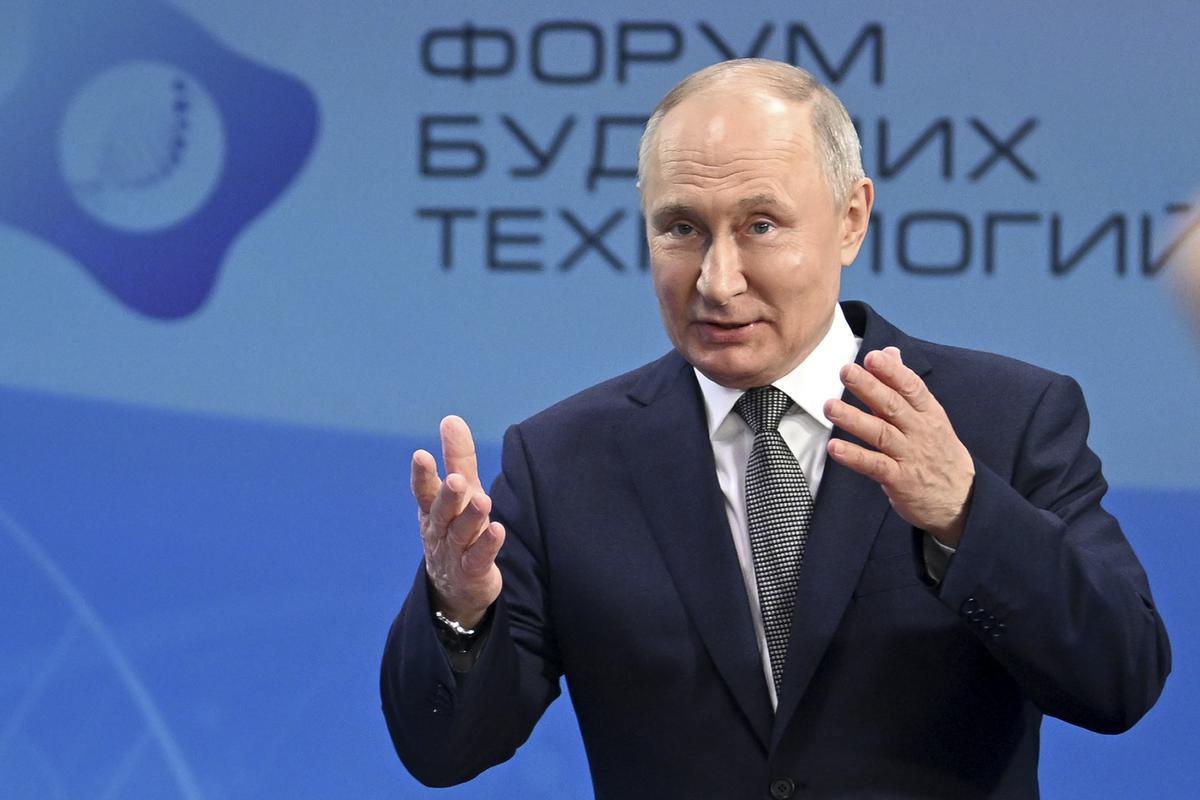
In December 2024, Russian researchers announced the development of a new mRNA vaccine for treating cancer. This innovative approach harnesses the body’s immune system to combat existing tumours and prevent their growth. Here’s a closer look at how this vaccine works and what it aims to achieve.
Personalized mRNA Technology
The Russian cancer vaccine is based on personalized mRNA technology. This means it is tailored to the individual characteristics of a patient’s tumour. The process involves several key steps:
- Genetic Analysis: The vaccine uses genetic analysis of the patient’s tumour. This analysis identifies specific mutations known as neoantigens, which are unique to the cancer cells of that individual.
- Software Platform: A unique software platform is the genetic data and determines the best way to target the identified neoantigens. This platform employs AI to expedite the design of the vaccine. It reduces the time required to create a personalized treatment to less than an hour.
- Immune Response Training: Once the vaccine is out for the patient. The mRNA in the vaccine instructs the body’s cells to produce proteins that mimic the neoantigens. This process trains the immune system to recognize and attack the cancer cells expressing these proteins, effectively targeting the tumour.

Suppressing Tumor Growth
According to the developers, the vaccine has shown promise in preclinical trials, indicating that it can suppress tumour development and prevent metastasis (the spread of cancer to other parts of the body). By enhancing the immune response specifically against cancer cells, the vaccine aims to improve patient outcomes and potentially extend survival rates.
Availability and Future Prospects
The Russian government has announced that the vaccine will be available free of charge to cancer patients, reflecting a commitment to public health. However, it is important to note that as of now, no clinical trial results have been published, and the vaccine is still in the early stages of development. Human trials begin in mid-2025, following the completion of preclinical studies.

The new Russian cancer vaccine represents a significant advancement in the field of oncology, particularly in the realm of personalized medicine. By leveraging mRNA technology and artificial intelligence, this vaccine aims to provide a tailored approach to cancer treatment, potentially transforming how we combat this complex disease. As research progresses, the medical community will be watching closely to see how effective this innovative treatment proves to be.
Read more on Lifetips.blog













